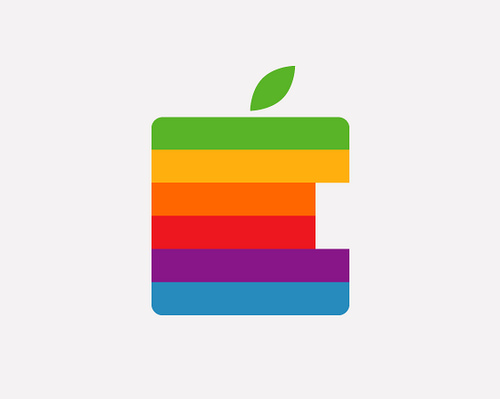
I spend the first week of this trip to US in IBM Somers campus, a set of buildings where most of the company’s head quarters are located.
I went to many meetings with people in the CIO organization, IBM Academy of Technology and others, and surprisingly many high level people have MacBooks as their primary laptops. No Thinkpads, no Windows. I also noticed there is an internal Mac@IBM community with an Intranet home page, forums etc.
Although, for historical reasons, our official platform for desktops and laptops is still Windows, current IBM strategy for this matter is something like “hey, use whatever platform, browser, office suite, etc you want, because we are heading towards an Open Standards way”. This is called [cultural] diversity.
This is good, I like it, and this is the spirit that our internal Linux deployment relies on. Compared to Mac, Linux has a bigger community of users, more fully supported internal applications, and more internal developers. But I can say that Macs are more popular amongst VIPs.
The basic minimal software kit for IBM employees is Lotus Notes for workgroup, Sametime for instant messaging, a standard compliant browser as Firefox, and maybe some office suite. Well, Firefox runs everywhere, Sametime is 100% Java, Lotus Notes 8 is based on Java Eclipse and integrates an office suite compatible with OpenDocument Format (OK, is actually OpenOffice.org 2 embeded in Lotus Notes). So the kit runs everywhere, including Windows, Mac, Linux and many mobile platforms (which are also internally encouraged to be used for supermobile workers). Many employees only use this minimal set of tools.
A few more interesting words about Sametime: its being integrated with our global voice infrastructure through VoIP standards as SIP, so you can call any extension in the world using the IP network. You also carry your extension with you wherever you go. The instant messaging tool is the right place for it because it is already very well integrated with our enterprise directory. So we search people, find and chat (by typing) or talk.
Yes, for historical reasons we also use many products based on proprietary technologies. At the time they were chosen Open Standards were not something in the global agenda yet. Or they implement some sort of needed disruptive technology that didn’t have a viable standards-based equivalent. This is the case for the Siebel CRM used by the sales force. Completely proprietary but unique and fulfills our business features.
Although disruptive and proprietary use to walk together in the ICT front, IBM as a technology consumer has been putting Open Standards in its complex equation of what things to buy and use. This may be easy for a small company, but is a huge step for a big enterprise as IBM. And is, in my opinion, an example to be followed.
Awesome. Someone told me that at Google you can also use Linux, MacOS X or Windows at your will. At the company I work for, Linux and MacOS X are not only not supported, but they are 100% forbidden. Plugging any non-Windows machine in the internal network is grounds for termination. And no, I don’t work at Microsoft.